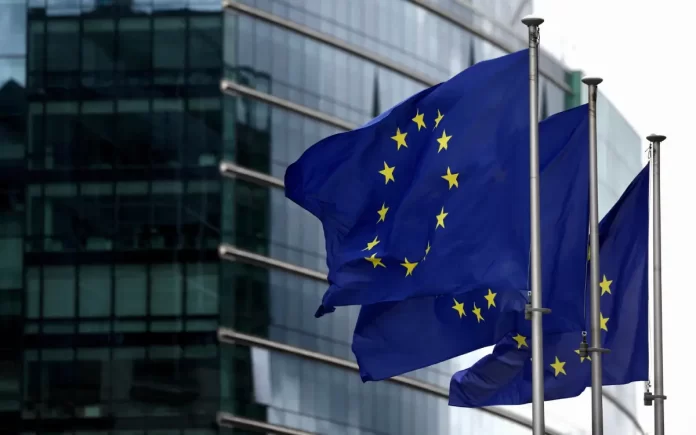Brussels: European Union leaders are poised to deliberate a groundbreaking plan aimed at utilizing billions in euros derived from frozen Russian assets to procure arms for Ukraine, fortifying Kyiv’s position in the face of Moscow’s ongoing aggression.
The impending two-day summit in Brussels, commencing at 1200 GMT on Thursday, will witness discussions on bolstering European defense capabilities amid concerns over potential future threats from Russia, alongside addressing various other pressing issues including the conflict in Gaza, EU membership talks with Bosnia, and agricultural protests. Foremost on the agenda will be Ukraine, with President Volodymyr Zelenskiy scheduled to participate via video link.
The urgency of the situation has been underscored by Charles Michel, president of the European Council, who emphasized the imperative for resolute action in the face of Russia’s continued aggression against Ukraine.
The European Commission has proposed redirecting profits from Russian assets frozen in Europe, estimated at 2.5 billion to 3 billion euros annually, towards a fund dedicated to financing arms for Ukraine. However, the proposal poses challenges, particularly concerning the use of these funds for military purposes, with attention focused on Hungarian Prime Minister Viktor Orban’s stance, known for his close ties to Moscow.
Read More: Pentagon Officials Laud India-US Relations Reaching Historic Highs
While consensus on supporting Ukraine with the funds is widespread among EU member states, the allocation for weaponry procurement remains contentious, particularly for countries with neutral or non-aligned military policies.
Although a final decision is not anticipated during the summit, leaders will delineate the EU’s approach to the proposal and deliberate on enhancing defense readiness and capabilities in the face of escalating threats and security challenges.
Discussions will extend to financing mechanisms for increased defense spending, with French President Emmanuel Macron advocating for European defense bonds, while other countries, including fiscally cautious Germany, Austria, the Netherlands, and Sweden, remain skeptical.
On the Gaza conflict, diplomats seek to navigate a delicate balance between allies of Israel and advocates for Palestinians within the EU, aiming to maintain cohesion while addressing the complex geopolitical dynamics at play.
Amidst these deliberations, the EU remains committed to supporting Ukraine’s defense efforts and enhancing its own defense capabilities, underscoring the broader geopolitical ramifications of the Russia-Ukraine conflict.



